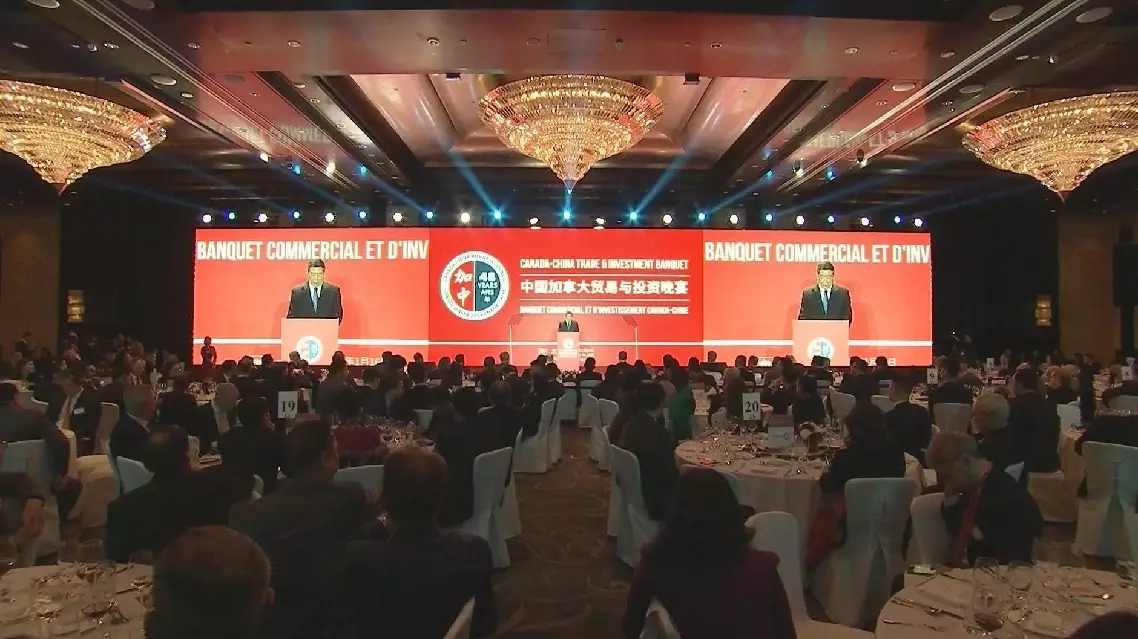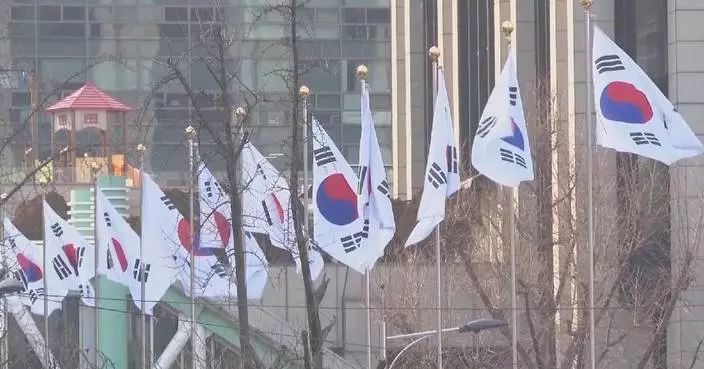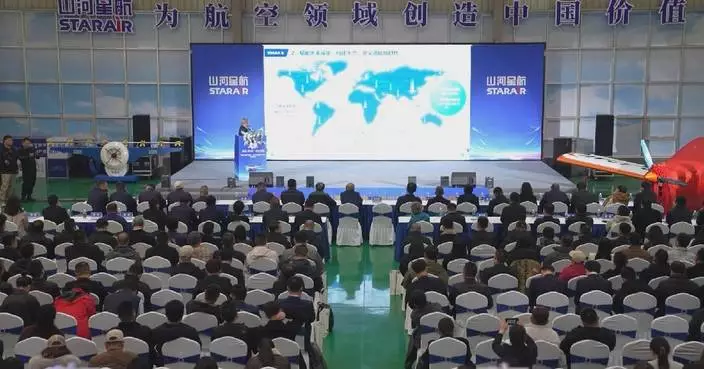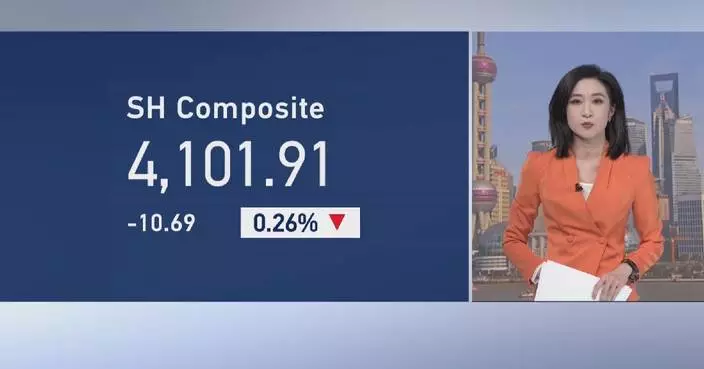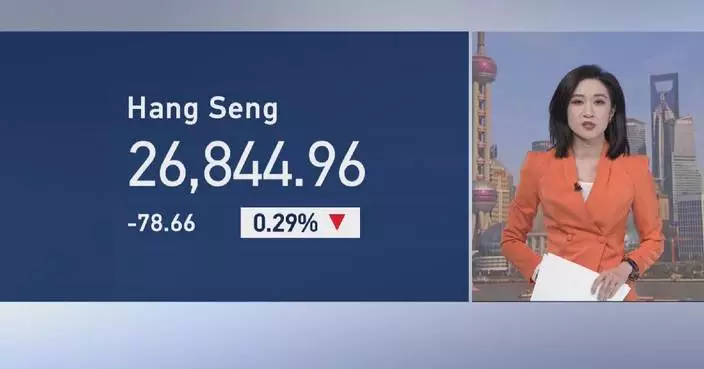The Island of Goree was once a key transit center on the western coast of Africa in slave trade.
The tiny island of Senegal, which is not far from Senegal's capital Dakar, dots the azure Atlantic coastline. It is the nearest point on the continent to the Americas.
The island has brightly-colored buildings and lush flora, make it hard to associate this picturesque island with the brutal history of the slave trade.
However, historical remnants reveal a darker past.
The island was successively occupied by the Portugal, the Netherlands, Britain, and France, who used it as a slave warehouse and eventually made it West Africa's largest slave trade center.
At least 20 million Africans were trafficked through this island to the Americas and other places, and 5 million Africans died on the island from the 15th century to the 19th century, statistics showed.
Due to its historic significance in the trans-Atlantic slave trade, Goree was designated a UNESCO World Heritage site in 1978.
"Why was Goree one of the most important transit centers, because first of all, if you try to compare all the West African coast, you can see from here you could cross more closer to America. And the second [reason], as an island when they brought captees, they couldn't escape. Any European nations based here used to build up a kind of fortification. This was the French one. And they had all this to defend the island. It was so strategical, because from Goree that must help them to make control all along of the West African coast," said Laidi, a local guide.
Today, Goree stands as a poignant reminder of past atrocities and a symbol of the enduring spirit of liberation and justice.
Each year on Dec 2, which is the International Day for the Abolition of Slavery, the world reflects on these injustices and renews its commitment to ending slavery.
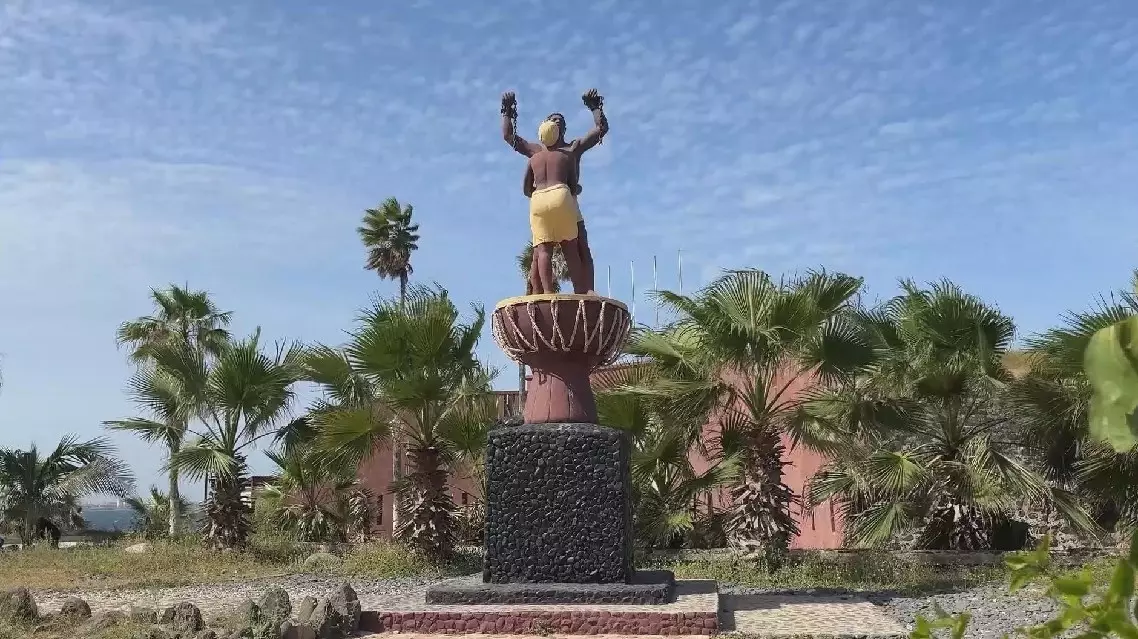
Senegal's Goree Island: from center of slave trade to symbol of freedom


